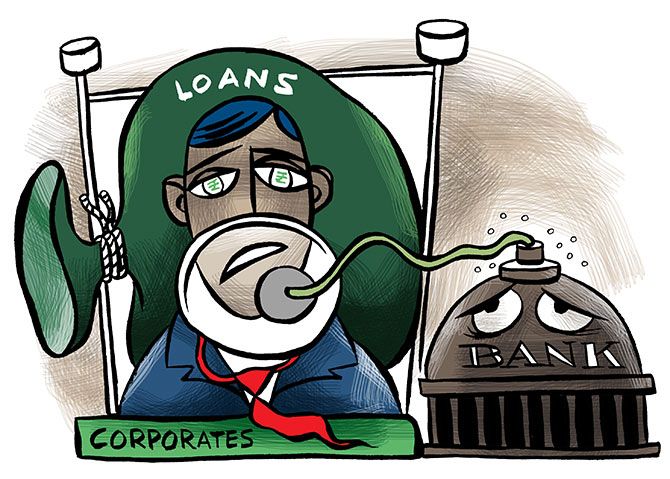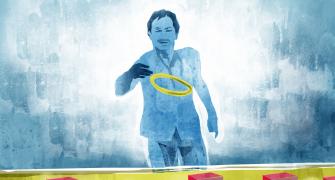In India, zombie firms are estimated to account for about 10 per cent of total debt of the non-financial corporate sector. They have also absorbed about 10 per cent of total bank credit extended to all firms in the economy.

Zombies a.k.a perpetually loss-making firms in India seem to have dampened the effectiveness of monetary policy at the margin as they use borrowed resources more for their survival than for undertaking new investment, according to a RBI study.
The monetary policy does not hinder the creative destruction process by misallocating credit flows to zombies during periods of economic slowdown, showed a study by officers of Reserve Bank of India.
It has been published in RBI’s bulletin for February 2022.
In India, zombie firms are estimated to account for about 10 per cent of total debt of the non-financial corporate sector.
They have also absorbed about 10 per cent of total bank credit extended to all firms in the economy.
The Schumpeterian creative destruction process requires a dynamic reallocation of resources from weak and vulnerable firms to strong firms having high growth potential.
The study pointed out that zombie firms that often survive longer than desirable taking advantage of countercyclical policy support, however, tend to thwart that process.
The RBI study said as one would expect, they are found in general to be highly leveraged; generate a negative return on assets over successive years and borrow more to survive rather than undertake new investment.
Their average cost of funds is more sensitive to monetary policy shocks.
Their borrowings from banks, however, often do not give rise to higher real investment activity, unlike non-zombies.
This validates that accommodative monetary policy is effective overall in lowering the cost of funds, stimulating higher flow of credit and raising new investment.
However, the policy gets dampened at the margin by zombies who tend to use borrowed resources, including long-term bank loans, less for new investment and more for survival.
Importantly, during surplus liquidity conditions, which often accompany accommodative phases of monetary policy, credit flows to zombies remain weaker than flows to non-zombies.
This could be largely due to the salubrious impact of risk-based supervision and the insolvency and bankruptcy regime that may no longer support ever-greening of zombies, it added.










